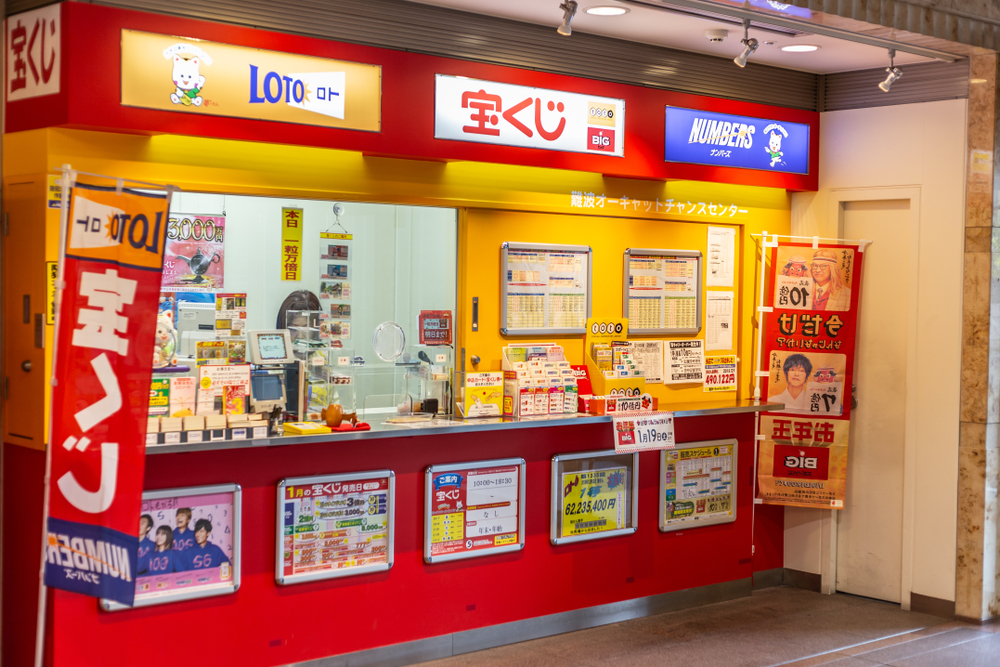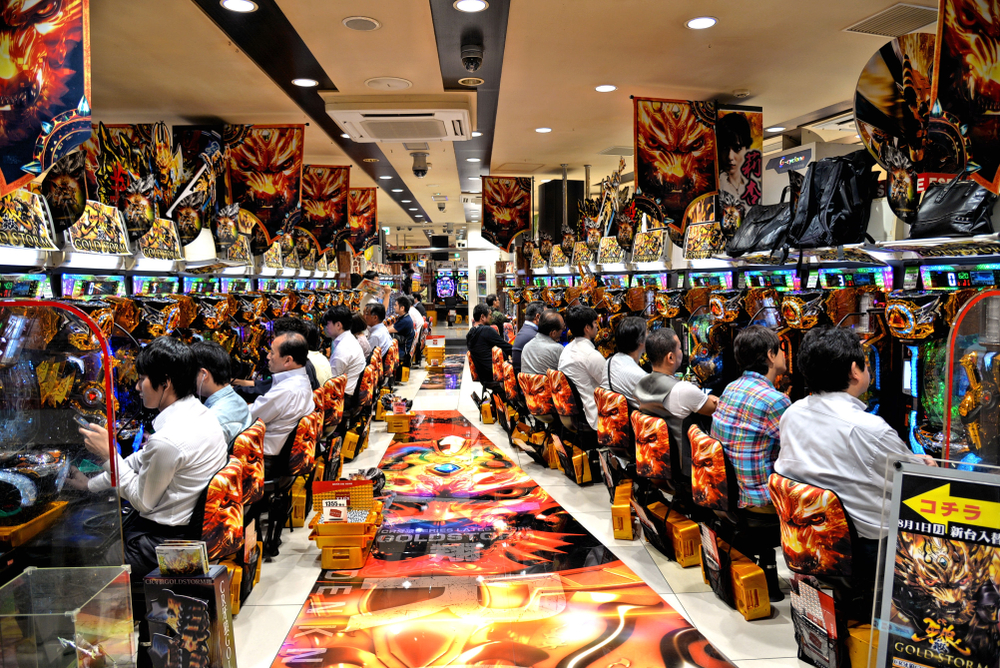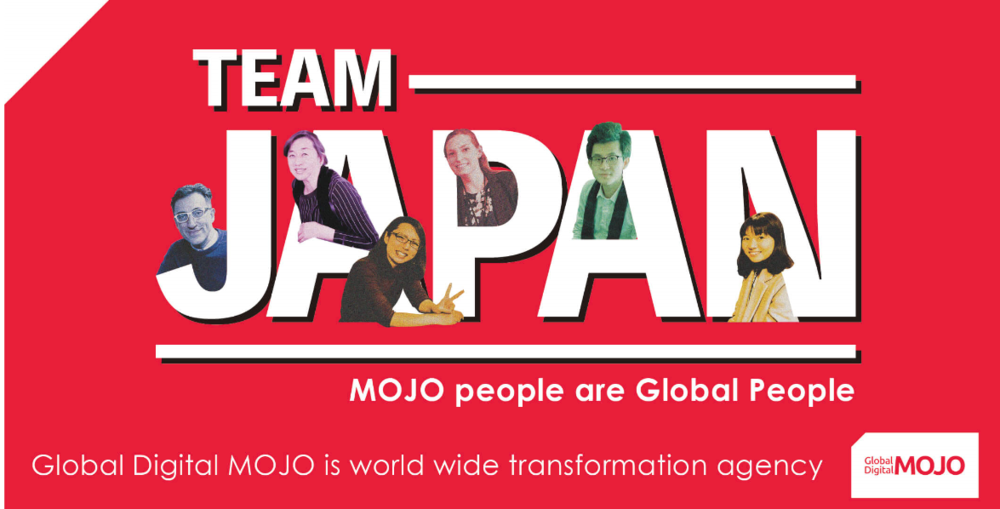 Industries
Industries
The Rise of Digital Signing Services in Japan
By Melissa Francis
In this post, we look at the current status of digital signing services in Japan, how the sector is developing, and how platforms are promoting themselves.

 Industries
Industries
In this post, we look at the current status of digital signing services in Japan, how the sector is developing, and how platforms are promoting themselves.

 Industries
Industries

In this article, we take a look at the trends underpinning Japan’s gaming industry and the online casino market in Japan, highlighting the opportunities for foreign brands to make their mark, edging Japan ever closer to becoming a more globally open marketplace.
Read more “Gambling for Global Success: the Online Casino Market in Japan” → Interviews
Interviews
Our partner, Reynolds Porter Chamberlain (RPC), is a full service London-based international law firm. Nigel Collins heads up the Japan Desk as a Partner and specialises in advising Japanese companies on their outbound transactions, including M&A, investments, disposals, restructuring and joint ventures.
He set time to speak with Tokyoesque’s Naoko Nomoto about the outlook and challenges faced by the Japanese market. He has a deep understanding of Japanese culture and business, has practiced kendo for many years and speaks Japanese. In order to maintain social distancing in light of Coronavirus, this interview was conducted via video conference.

 Industries
Industries

This week, guest author David Hepburn weighs in on cross-cultural design collaborations between Japan and Europe. He is a brand ambassador and consultant on Japanese design and culture, and advises food & drink brands in the UK.
Read more “3 Great Japan-Europe Design Collaborations” → Consumer Insights
Consumer Insights
This week, we go on a very specific journey into the cultural and culinary aspects of ramen in Japan, and what makes it quintessentially Japanese, with this guest post, contributed by Jane Buhnn.
Whenever Japanese food comes to mind, chances are, you think of ramen. Everyone is familiar with this favourite noodle dish, thanks to its rich soup and tasty hand-made noodles. Interestingly, however, ramen wasn’t always the Japanese staple that it is today.

 Marketing
Marketing
Originally, this post aimed to highlight how brands were keeping the sense of excitement high among locals for the Tokyo 2020 Olympic and Paralympic Games. Even though the COVID-19 situation has resulted in the event being postponed until the Summer of 2021, the marketing behind it no less relevant as inspiration. Here, we take a look at some of the Tokyo 2020 marketing campaigns run by both sponsors and non-sponsors alike with the objective of boosting audience engagement and intrigue around the event.

 Case Studies
Case Studies

The British Game Alliance (BGA), the foremost supplier of British game meat, was looking to expand their offering to Japan through luxury restaurants, hotels and resort chains as well as distribution channels.
Read more “Case Study: Helping British Game Alliance Reach New Clients in Japan” → Consumer Insights
Consumer Insights
Across social media platforms, the #おうち時間 (#AtHomeTime) hashtag has been widely used to demonstrate how people can make the most of their time spent at home during lockdown, owing to restrictions on mass gatherings and days out. Travel is normally especially popular during Golden Week 2020 in Japan, with many workers choosing to go abroad or pick a destination within Japan for at least a few days.
Given the current situation, as locals may be wanting to find other ways to entertain themselves, brands are honing in on ways to maximise indoor enjoyment primarily those offering food and entertainment services. Let’s take a look at some of the Golden Week campaigns set in motion by brands in these two sectors, both local and international.

 Interviews
Interviews
We recently caught up with Carly Yoshitani, Studio Administator at digital transformation agency Global Digital MOJO. With a total of seven offices worldwide, Carly is part of the Osaka team in Japan. In the latest of our interviews series, we wanted to find out more about the work they’ve done, and continue to do, in the Japan digital strategy market.

 Business
Business
In Japan remote work is referred to using a number of different common terms, including 在宅勤務 zaitaku kinmu (telecommuting), the most direct translation リモートワーク rimooto waaku, or テレワーク terewaaku (telework). Those who are based remotely from the outset as a consistent way of working are taking part in what’s known as furu rimooto waaku (full-time remote work).

By using this website, you agree to our use of cookies. We use cookies to provide you with a great user experience and to help our website run effectively.
Privacy Policy